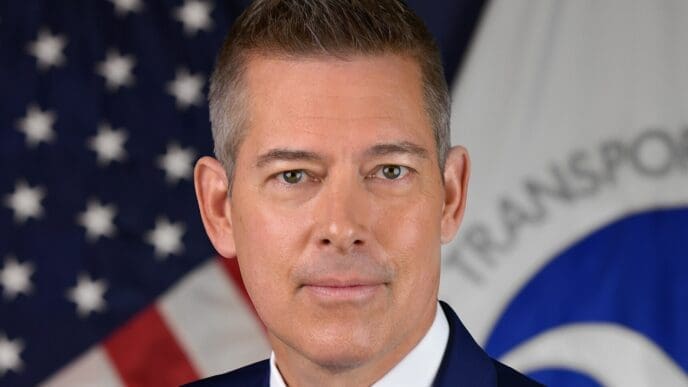Lawyers representing the driver accused of causing the deaths of NHL player Johnny Gaudreau and his brother, Matthew, are set to contend in court on Tuesday that the brothers were partly responsible for the fatal incident due to cycling while under the influence. The defense claims that the Gaudreaus had blood-alcohol levels exceeding the legal limit of 0.08 in New Jersey, with measurements above 0.129, while Sean Higgins, the driver, had a recorded level of 0.087. The defense seeks to have the charges of manslaughter and vehicular homicide either reduced or dismissed.
Salem County prosecutors counter the defense by emphasizing that New Jersey law does not prohibit cycling while intoxicated. They also highlight witness accounts stating that the brothers were riding single-file along the edge of a rural road, staying out of traffic lanes. Prosecutors accuse Higgins of driving under the influence and acting out of road rage when he struck the cyclists.
Assistant Prosecutor Michael Mestern has requested the court to dismiss the defense’s “contributory negligence” claim, asserting that there is no significant connection between the brothers’ intoxication levels and the accident. Witnesses reportedly observed the defendant speeding and improperly passing another vehicle before hitting the brothers, who were riding on the fog line just before the collision occurred.
The tragic accident took place near the Gaudreaus’ hometown in southern New Jersey on August 29, the day before their sister’s wedding, which was subsequently postponed. Both brothers’ wives have since given birth to sons, with Johnny Gaudreau’s widow welcoming their third child in April. Johnny Gaudreau, affectionately nicknamed “Johnny Hockey,” had been poised to begin his third NHL season with the Columbus Blue Jackets after an eight-season tenure with the Calgary Flames.
Sean Higgins, 44, of Woodstown, New Jersey, faces charges including two counts each of aggravated manslaughter and reckless vehicular homicide, alongside evidence tampering and leaving the scene of an accident. Police found him near his damaged vehicle, approximately a quarter mile from the crash site. Higgins, a combat veteran and father of two who worked at an addiction treatment company, admitted to consuming about six beers that day, including some while driving, following a distressing call with his mother. If convicted on all counts, he could face a maximum of 70 years in prison, though his legal team has refused a plea deal of 35 years, arguing for a sentence more in line with similar cases. They also seek further scrutiny of the laboratory’s testing procedures.
A hearing is scheduled before Superior Court Judge Michael Silvanio, though it remains uncertain if a ruling will be made immediately.
Context and Clarity
The legal proceedings surrounding this case could have broader implications for how intoxication is viewed in accident liability, particularly in situations where the victims, rather than the perpetrators, are under the influence. If the defense’s argument holds, it might prompt a reevaluation of laws and legal strategies concerning cyclists and their responsibilities on the road, even when not directly accountable for a collision.
The case also highlights the ongoing challenges in balancing legal accountability with personal circumstances, as seen with Higgins’ background and the events leading to the incident. Public perception of road safety, the appropriate application of traffic laws, and the personal lives of all involved parties are likely to influence ongoing discussions in the community and beyond, potentially affecting legislative or judicial adjustments in the future.










